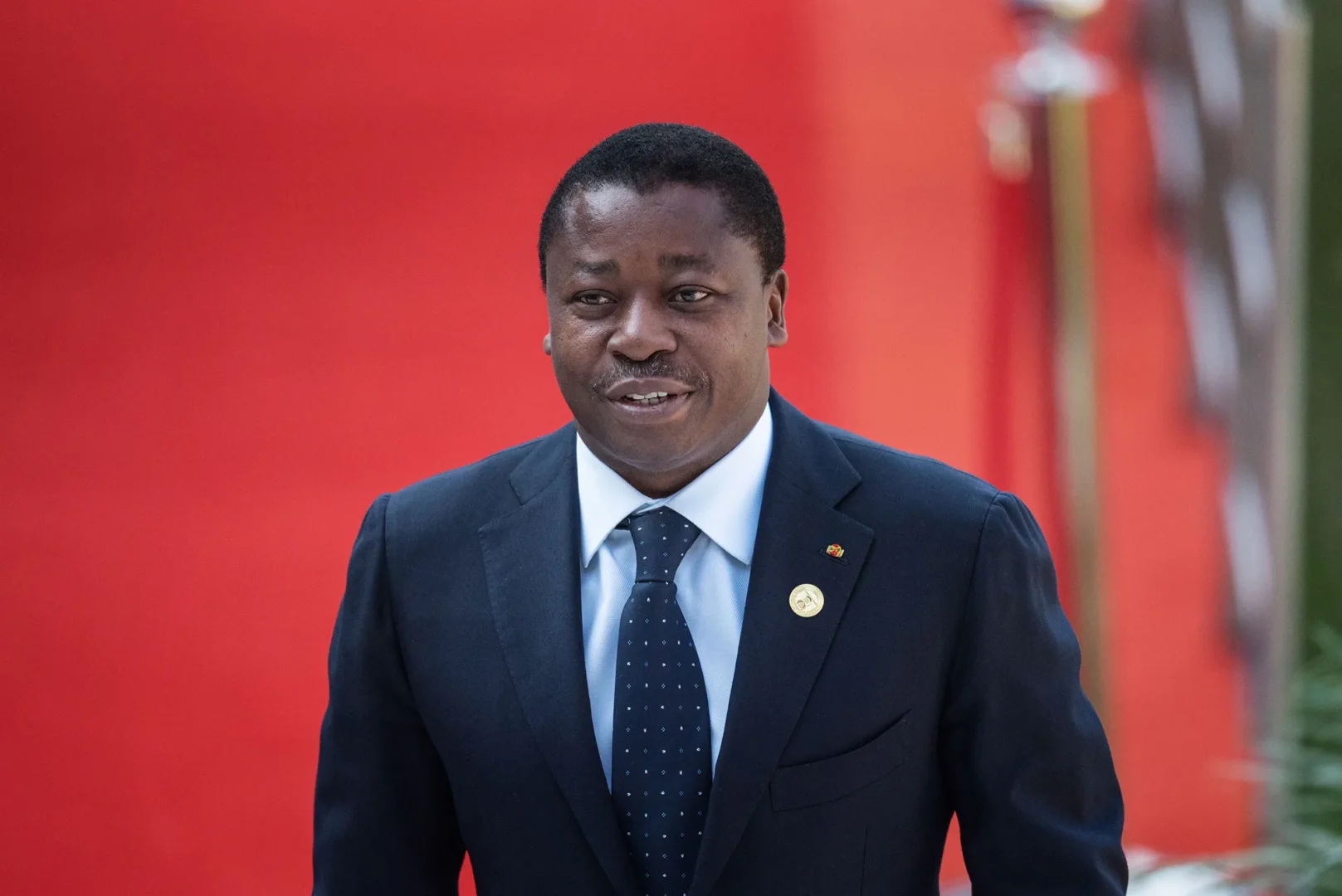LOMÉ, TOGO — Faure Gnassingbé, the leader of Togo, has been inaugurated as “President of the Council of Ministers,” a newly created position that grants him the highest authority within the government’s executive branch and carries no established term limits.
This development arises from a constitutional reform that has eliminated presidential elections and established a parliamentary system.
The opposition has voiced strong objections, asserting that the reform is a calculated move to enable President Gnassingbé to maintain his grip on power indefinitely.
The Gnassingbé family has maintained control over Togo for 58 years. Faure Gnassingbé assumed leadership in 2005, succeeding his father, Gnassingbé Eyadéma, who had governed the nation for nearly four decades. The recent alteration stems from a new constitution ratified by lawmakers the previous year, which critics and opposition figures have denounced as an “institutional coup d’état.”
Despite facing significant public backlash, which initially prompted the government to suspend certain aspects of the reform, Gnassingbé has proceeded with the implementation of his new role.
Togo’s municipal elections, scheduled for July, will be the first to be conducted under the new constitutional framework, which has transitioned the nation from a presidential to a parliamentary system.
While the role of the president of the republic is now theoretically relegated to a ceremonial position, analysts contend that Gnassingbé’s authority has been significantly strengthened through his new position as council president.
His party, the Union for the Republic, secured a commanding majority in last year’s parliamentary elections, winning 108 out of the 113 seats in the National Assembly.

